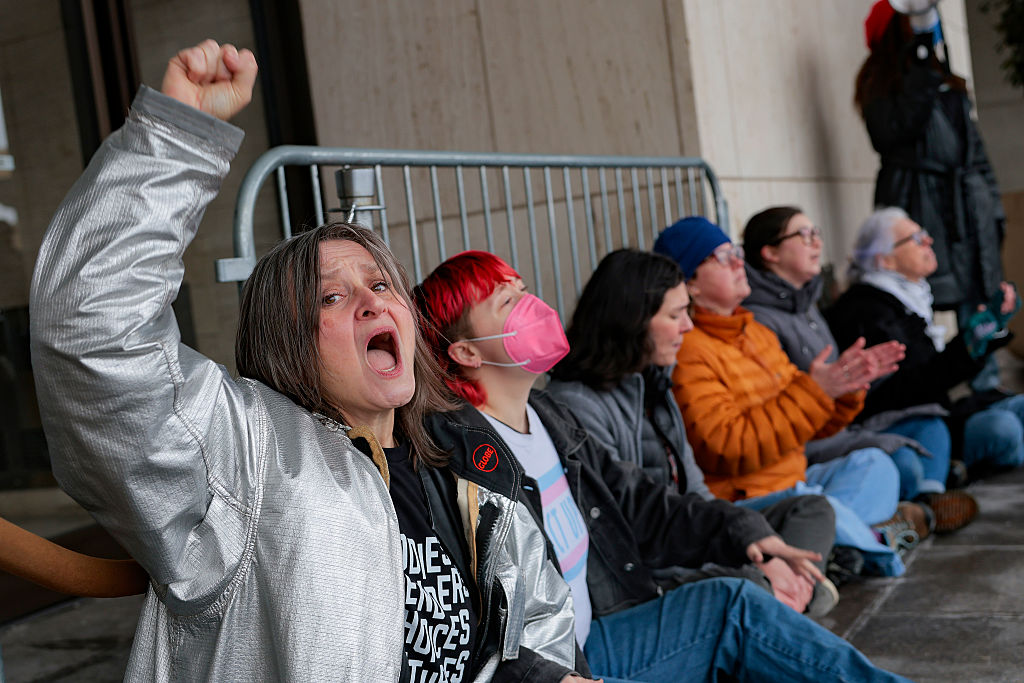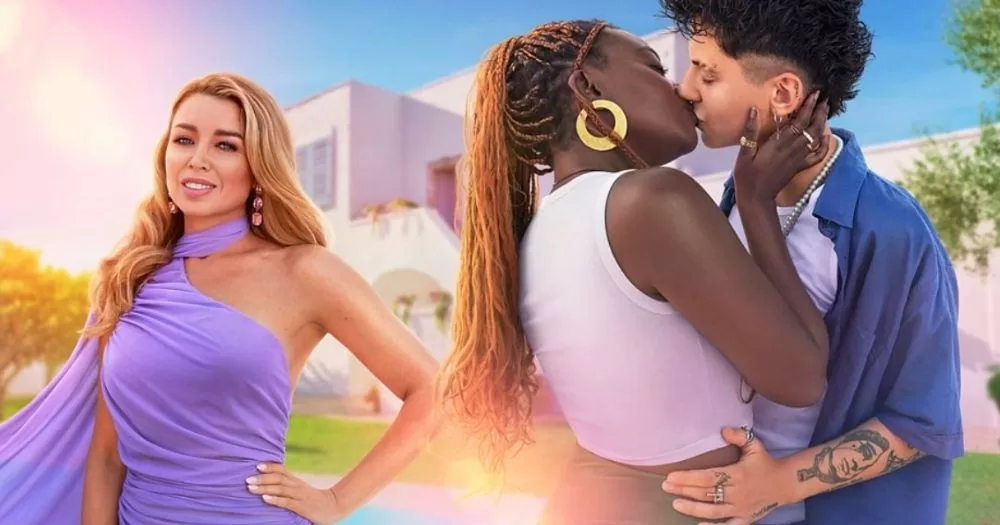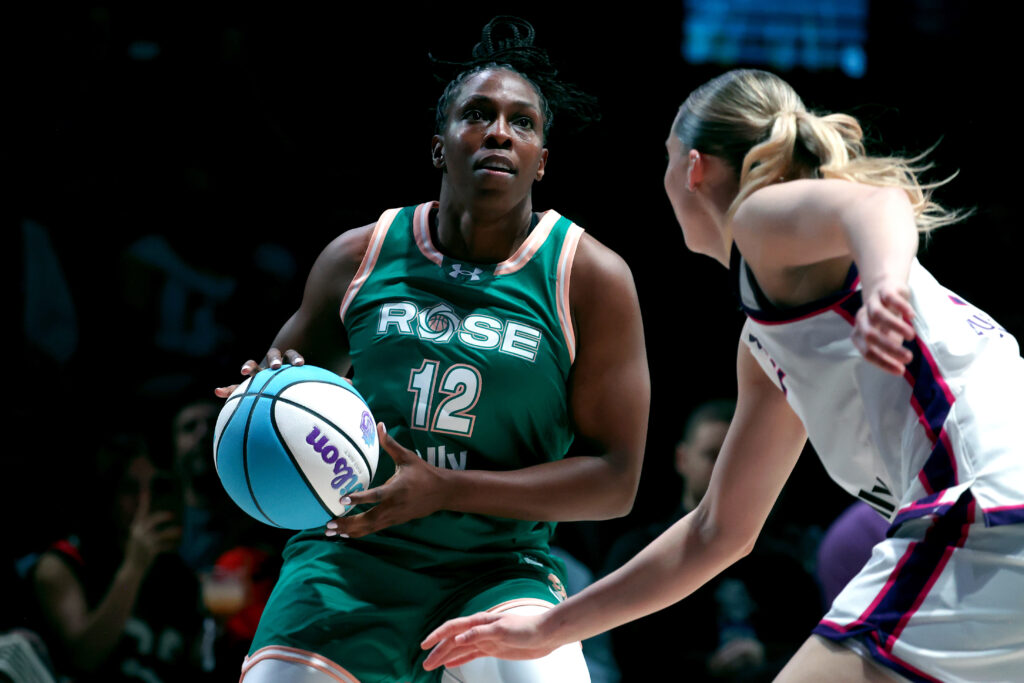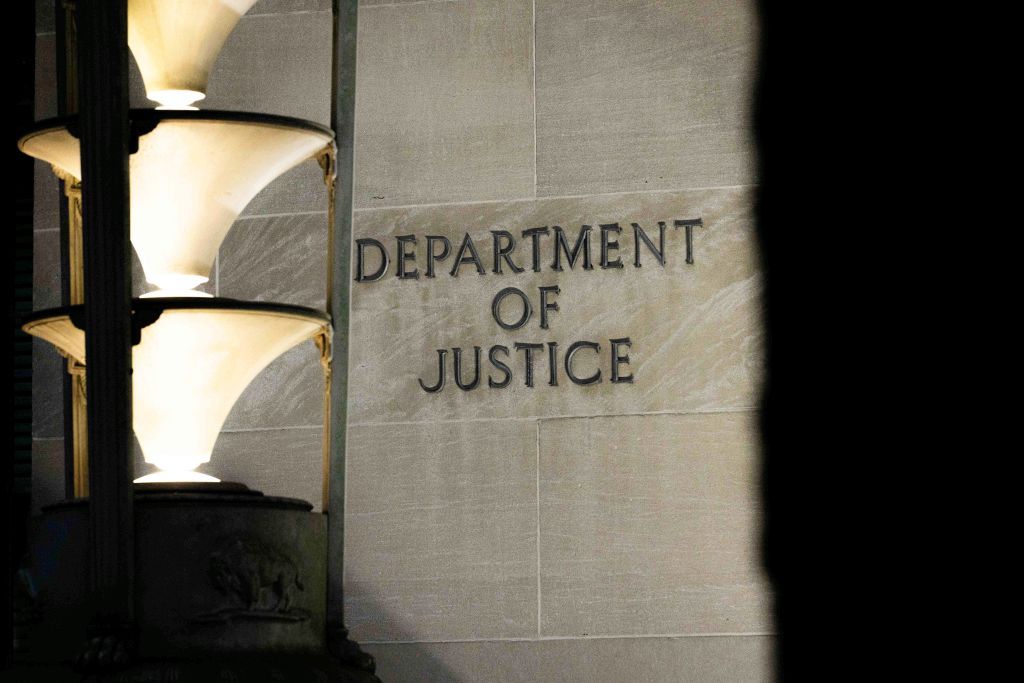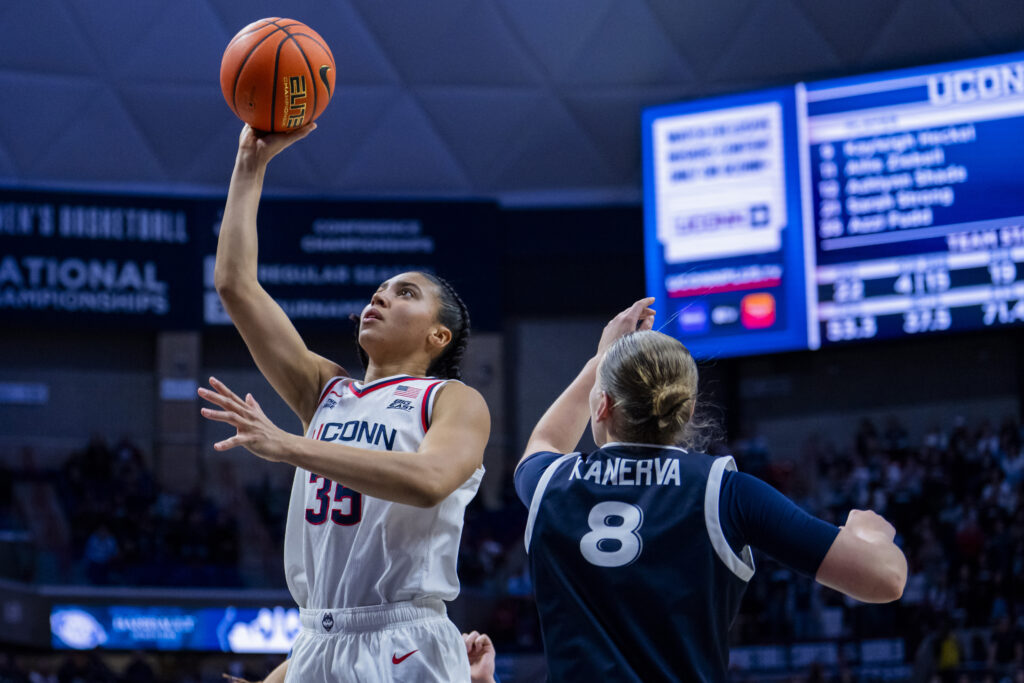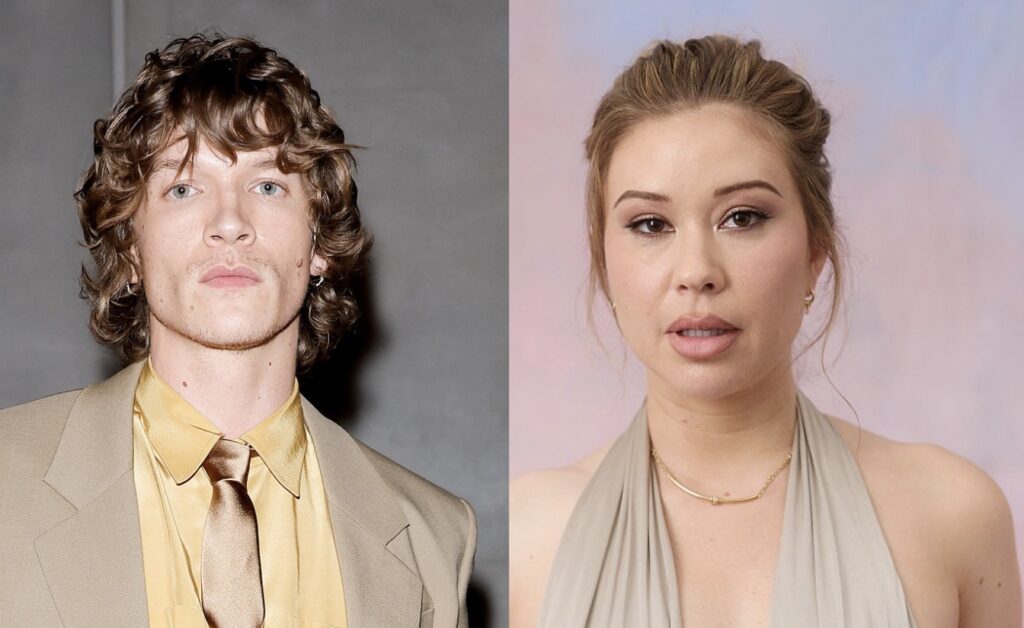A Look Back At The Queer Oscars Moments That Made History

From Marlene Dietrich to Cynthia Erivo, we’re celebrating the queer trailblazers who won big at the Oscars in past years.
The 97th Oscars, which air this Sunday, have the potential to make LGBTQ+ history several times over: there are queer nominees in two major acting categories, Best Animated Feature, and Best Original Song, as well as the first-ever transgender Best Actress nominee. With performances from queer icons like Cynthia Erivo, Queen Latifah, and Doja Cat, the ceremony promises to be a pride-filled celebration.
But it’s hardly the first time the Oscars have made queer history. Queer actors have been paving the way on the red carpet for generations, starting all the way back at the fourth Academy Awards. Ahead of the 2025 ceremony, we’re taking a look back at some of the earlier moments when queer icons made their marks—and won big.
1931: Marlene Dietrich’s performance in Morocco marks the first time an actor is Oscar-nominated for playing a queer character
Though it would be another 40 years before an openly queer actor was nominated at the Oscars, the 4th annual ceremony made history early on. Marlene Dietrich—herself a bisexual woman—picked up a Best Actress nomination for her role as a woman-kissing, cross-dressing character in the romantic drama Morocco, the first of several queer roles for the iconic actress.
1973: Paul Winfield becomes the first openly LGBTQ+ Oscar nominee
Just four years after the Stonewall riots, Paul Winfield made Oscars history: he was the third-ever Black Best Actor nominee, the first openly gay Black nominee, and the first gay nominee to have come out on his own terms. It would be 22 years before another out gay man was nominated for Best Actor, and to this day, none have won. But that could all change on Sunday, when Colman Domingo—the first out gay man to receive back-to-back nominations—has a chance to win for his work in Sing Sing.
1976: Lily Tomlin becomes the first lesbian Oscar nominee for her work in Nashville
Though Tomlin never formally “came out,” she’s been in a public relationship with her wife, Jane Wagner, since 1971. Five years into their relationship, Tomlin picked up an Oscar nomination for Best Supporting Actress in the musical Nashville, the first lesbian to do so.
2020: Cynthia Erivo becomes the first openly queer Black Best Actress nominee
For her work in Harriet, Erivo picked up nominations for Best Actress (she played the title role) and Best Original Song for the single “Stand Up,” which she also performed at the ceremony. But she was just getting started—five years later, she’d pick up a third Oscar nomination for her work as Elphaba in Wicked. If she wins, she could become the youngest EGOT winner in history.
2022: Ariana DeBose becomes the first openly queer woman of color to win an Oscar
For her work as Anita in West Side Story, Ariana DeBose made history twice over: she was not only the first Afro-Latina Oscar winner, but also the first openly queer woman of color to win the award. Her win came exactly 60 years after Rita Moreno became the first Latina Oscar winner for the same role, making them only the third pair of actors in Oscars history to both win for playing the same character.
2024: Lily Gladstone becomes the first non-binary and first Native American Best Actress nominee
Gladstone’s star-making performance as Mollie Burkhart in Martin Scorsese’s historical drama Killers of the Flower Moon not only made them the first Indigenous actor to receive an Oscar nomination, but the first non-binary actor to do so as well. Gladstone is a member of the Blackfeet nation, and came out as non-binary in 2023, explaining that she uses she/they pronouns “partly as a way of decolonizing gender for myself.” For her role in Killers of the Flower Moon, Gladstone also became the first Indigenous person to win a Golden Globe for Best Actress.
2024: With her fifth nomination, Jodie Foster becomes the most nominated gay actress in Oscars history
Last year, Foster picked up her fifth Oscar nomination—and her first since formally coming out in 2013—for playing the lesbian character Bonnie Stoll in the sports drama Nyad. Foster was previously nominated for Best Supporting Actress for Taxi Driver (1976) and Best Actress for Nell (1994), and has won Best Actress twice, once for The Accused (1988) and once for The Silence of the Lambs (1991).
2025: History-making queer nominations
This year’s ceremony is still upcoming, but we’ve already seen more history-making LGBTQ+ moments than ever before. For her work in Emilia Pérez, Karla Sofia Gascón became the first transgender person to receive an acting nomination. Meanwhile, two veteran nominees, Colman Domingo and Cynthia Erivo, made history: Colman became the first openly gay Black and Afro-Latino man to receive back-to-back nominations, and Erivo became the first openly queer Black woman to receive multiple nominations. Plus, gay filmmaker Adam Eliot could take home the award for Best Animated Feature for Memoir of a Snail, while Elton John and Brandi Carlile share a nomination for Best Original Song (her first, his fifth) for the duet “Never Too Late,” from the documentary Elton John: Never Too Late. If victorious, Carlile would be the second-ever out lesbian winner in the category (after Melissa Etheridge’s 2007 win for “I Need to Wake Up” from An Inconvenient Truth).
Hosted by Conan O’Brien, the Academy Awards will air this Sunday at 7 pm on ABC and will stream live on Hulu.







